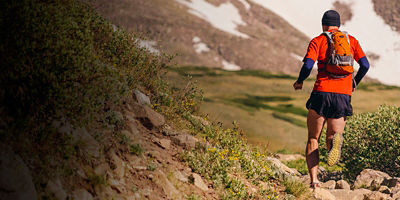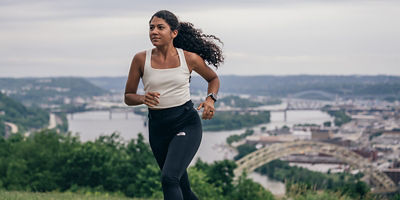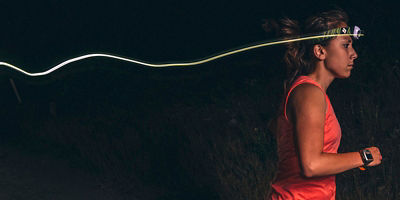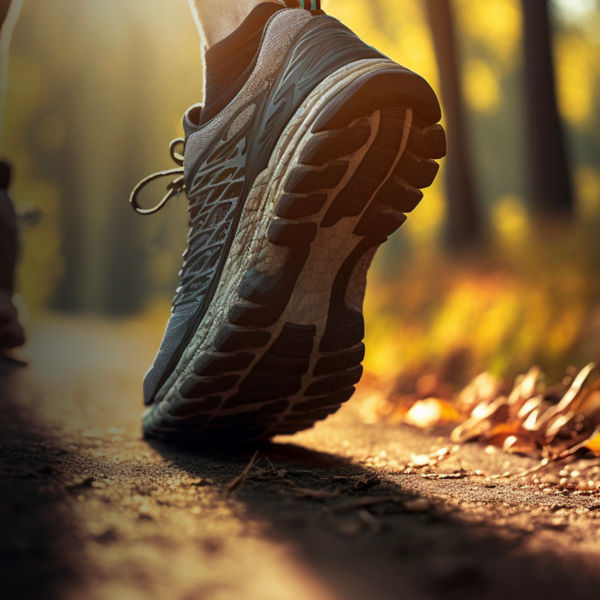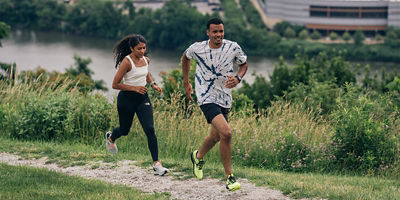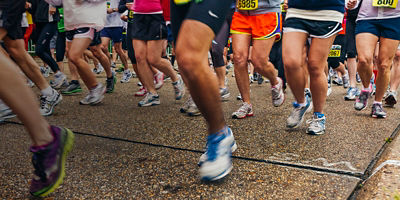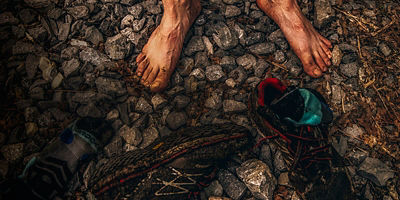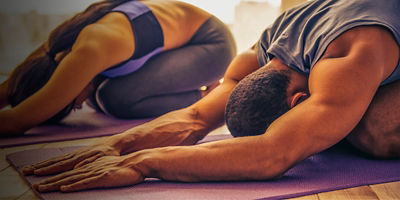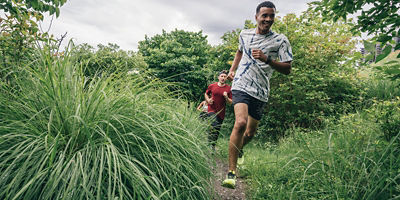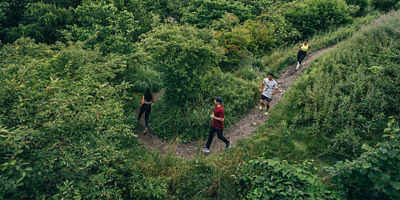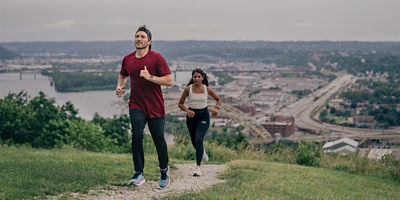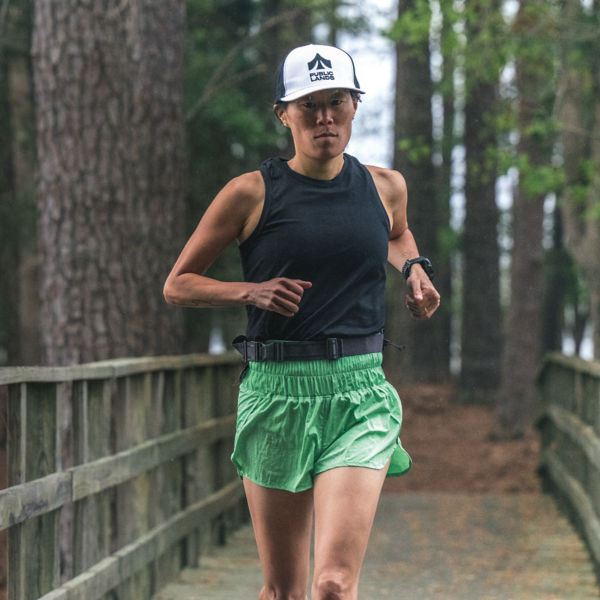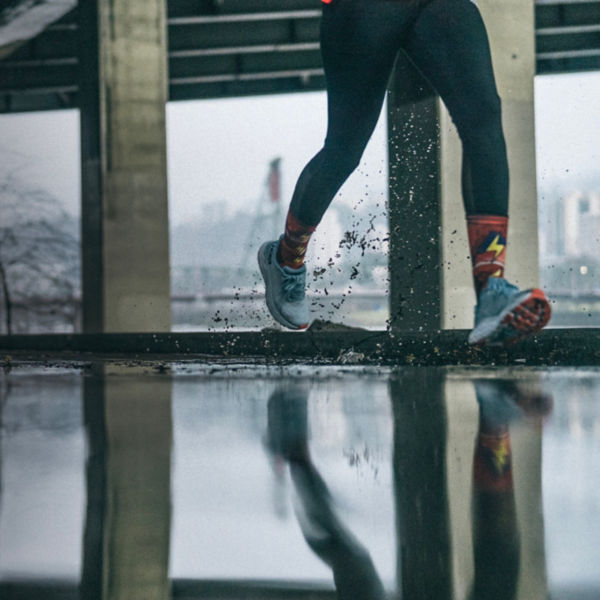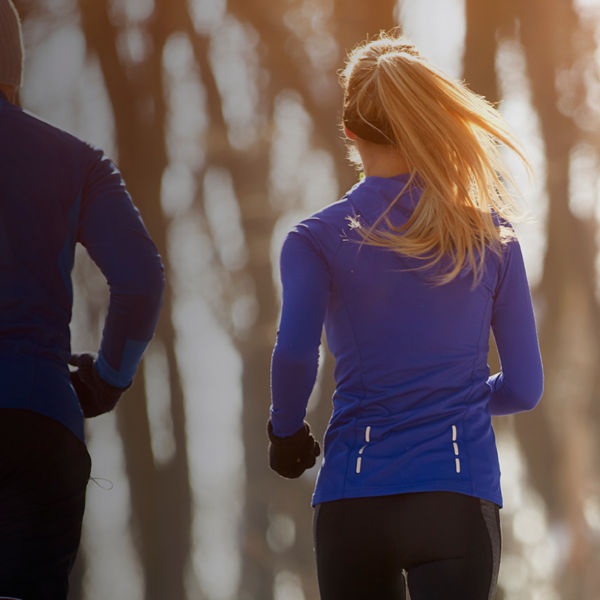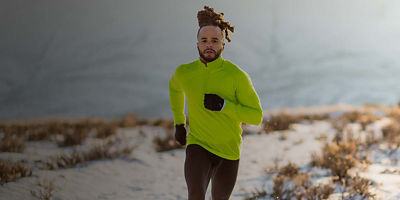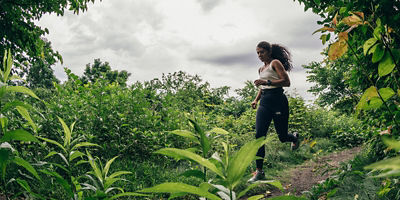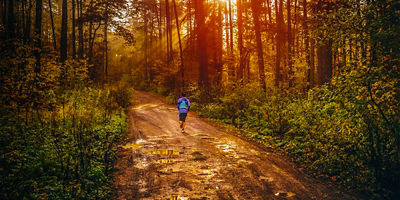
Here’s a simple concept that could unlock your best running: You get faster when you rest, not when you train. Of course, that doesn’t mean you can set your best race times simply by lounging around—you need to run before you rest. But, it’s actually when you take a day off, or even two, that your body adapts to the work you put in, leaving you fitter, stronger, and faster. Plus, recovering well helps prevent injuries and helps keep mental fatigue in check—runners at every level can suffer from overtraining. Use these strategies to make the most out of your rest days.
Sleep Well
A 2020 study published in the journal SLEEP documented that college basketball players measurably increased their performances in shooting free throws and running sprints simply by extending their overnight sleep periods from seven hours to 8.5 hours. According to the Cleveland Clinic, athletes in endurance sports have more to gain by sleeping in than weightlifters or sprinters—scientists believe the extra rest is particularly important for sustaining focus during longer efforts. How much is enough? Sleep patterns can be highly individual but most adults require consistently getting at least eight to nine hours per night to perform their best.
Eat Well
Dialing in perfect nutrition for sports is a complex topic, but it’s easy to make sure you have the basics covered to aid recovery. Carbohydrates (like bread, pasta, and rice) provide the energy reserves that fuel your efforts. A modest but steady supply of protein is crucial for repairing the damage that regular workouts inflict. And don’t neglect those veggies—they supply vitamins, minerals and, perhaps most importantly, fiber for a healthy digestive system.
Hydrate
You lose both fluids and electrolytes (salts) during extended bouts of heavy exercise. Staying hydrated is important, but you also need to replace salts. Water and salty snacks should do the trick; you can tell if you’re well-hydrated by the color of your pee. It should be pale yellow, like lemonade. Darker and you’ll want to drink more fluids. It’s possible to be over-hydrated as well; you don’t want pee that looks like water.



